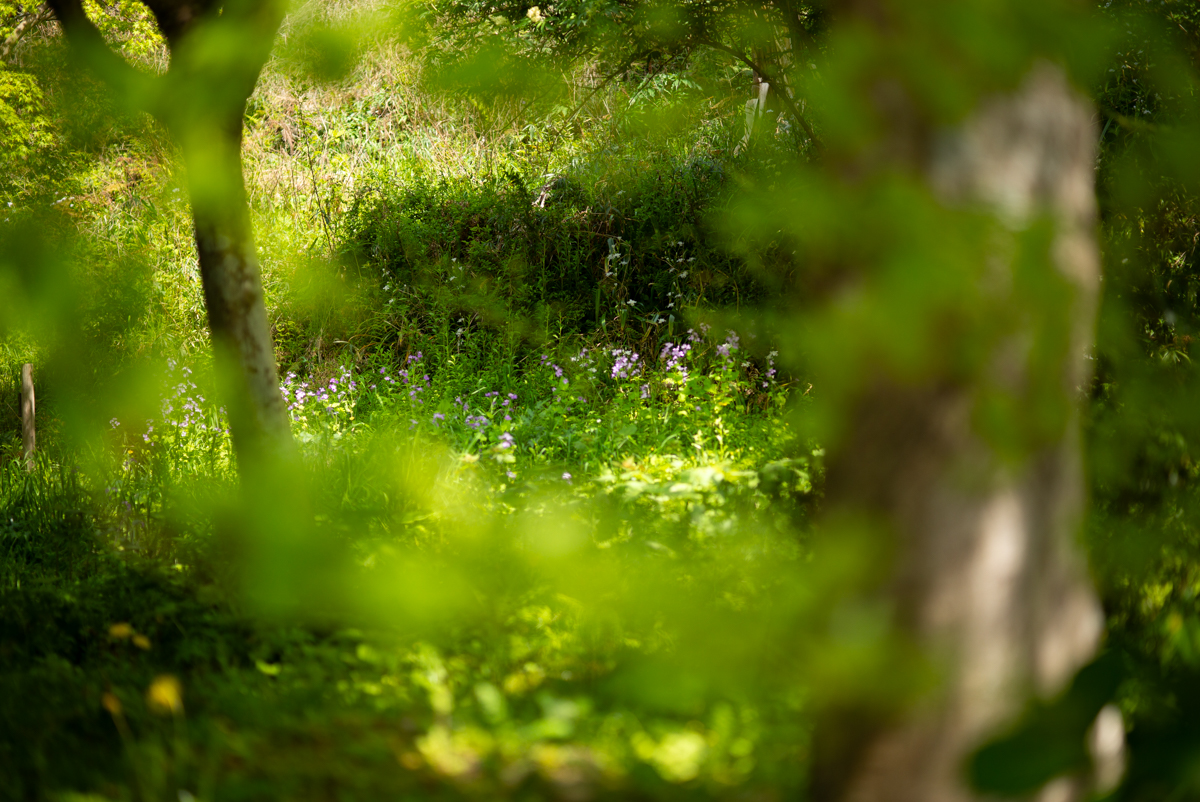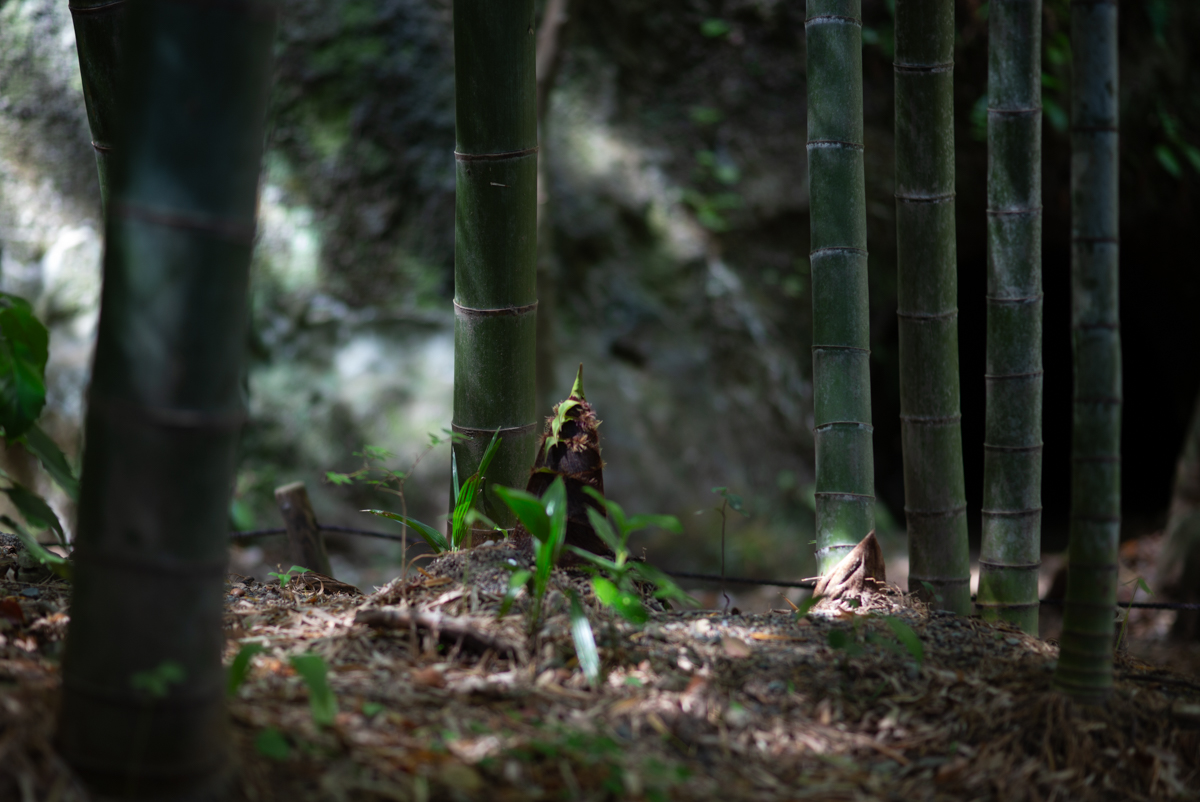
Recently, I mentioned that I’ve been contemplating the concept of “daily life” as I decide on a theme for my upcoming photo exhibition. One of the catalysts for this reflection was watching Yasujirō Ozu’s film “Late Spring.”
The Uncommon Nature of the “Ordinary”
In this film, no major events occur. Yet as the story gradually unfolds, the once-ordinary life shared by the protagonist father and daughter inevitably transforms. Observing this quiet progression of change, I realized:
“Daily life isn’t actually constant at all.”
When written in Japanese, “daily life” (日常) combines the characters for “day” and “constant.” But I found myself struck by the paradox that our so-called constant days are, in fact, anything but constant.
If we examine just a few years of someone’s life, there might appear to be no significant events—everything seems to repeat in cycles. These are the days we label as “ordinary.” Yet time continues flowing, and though yesterday and today may look identical, subtle changes accumulate continuously. No day remains truly unchanged, and eventually, the time comes when we must accept changes that have gradually become visible. This transformation arrives quietly but inevitably. People can only accept it with a touch of resignation.
My First Impression of “Late Spring”
This was my initial feeling after watching “Late Spring.” We only truly appreciate the preciousness and beauty of our seemingly unchanging daily life when we’re about to lose it. The film seemed enveloped in a feeling of accepting one’s closing chapter while praying for the happiness of someone dear.
It might depend on the individual, but often people forget—forget how precious what they hold truly is. Perhaps this forgetting is actually a blessing. We usually remember only when we must let go, promising ourselves never to make the same mistake again.

How My Interpretation Changed With Multiple Viewings
However, as I rewatched the film, my impression changed. I realized that what appeared to be stable daily life in the first half of the story was actually the aftermath of overcoming the great sorrow of war. The mother is absent from the home of the father and daughter, and the daughter’s health remains compromised from wartime hardships. Few people around them seem to have everything intact.
In other words, the peaceful, ordinary scenes from the beginning of the story were all moments of hard-won tranquility that followed profound grief.
Lost Daily Life and Recovered Daily Life
People eventually overcome great sorrows with time and reclaim days that can again be called “ordinary.” However, the sense of loss from what once existed remains significant. What might appear as ordinary days to outside observers could feel like an incomplete daily life to those experiencing it.
To think of letting go once more of a daily life that was reclaimed after overcoming immense sadness—the grief and loneliness are all the more profound. Yet the father thinks of his daughter, and the daughter accepts her father’s thoughts, each moving forward with their own lives.
People Repeat
People repeat themselves—both in joy and regret. These lines from the film stay with me:
“How quickly time passes. It seems you just arrived, and now you’re leaving again.” “Yes, but I had a wonderful time.” “If I had known it would be like this, I should have taken you to more places all this time.”
Yet after some years, we find ourselves feeling the same way again. Because people repeat. We gradually forget our love and gratitude for the precious things we worked so hard to obtain. And then we think again:
“If only I had…”
Regrets repeat themselves. When looking back, I hope to remember—and I hope others remember—not just regrets but also the beauty of the days we spent.
To be able to say: “How quickly time passes. It seems you just arrived, and now you’re leaving again.” “Yes, but I had a wonderful time.”
I’ve been thinking about the concept of “daily life” continuously lately. With each contemplation comes new insights, and the photographs I intend to display at the exhibition keep changing. Somehow, what should be exhibition preparation has become time spent reflecting on life. In my case, it seems that photography and words exist very close to each other.

More photos taken with the NOKTON Vintage Line 75mm F1.5 Aspherical
©︎All rights reserved.


コメント